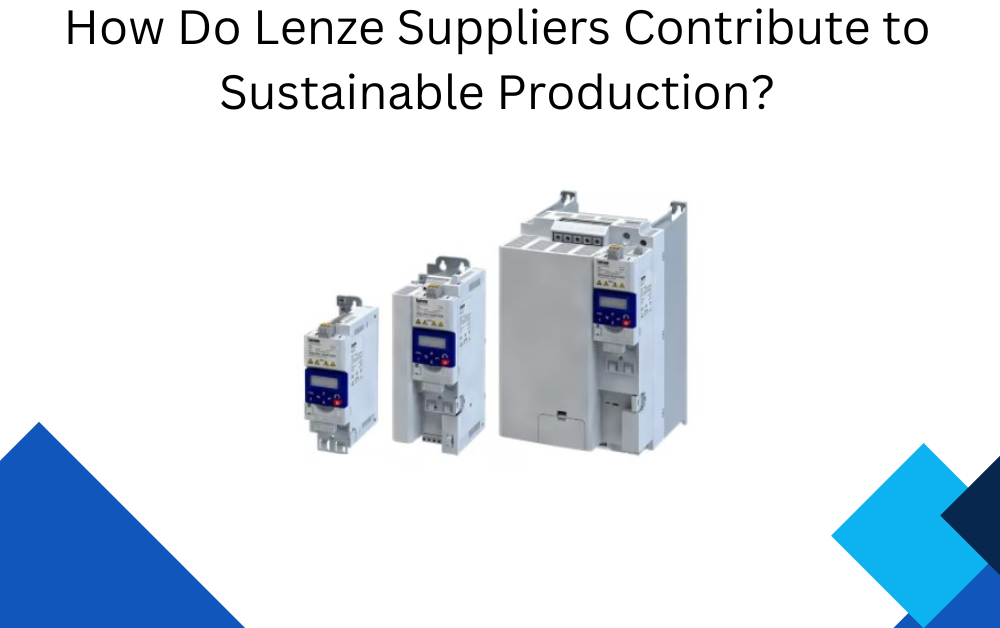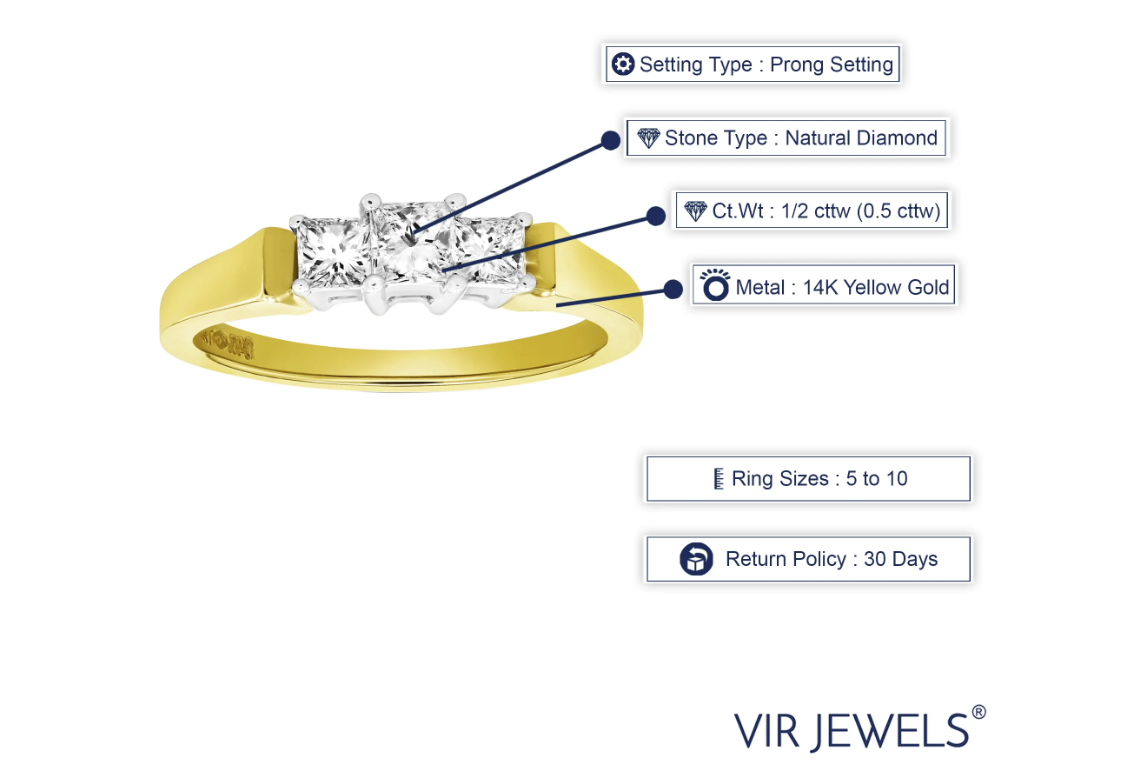When you think about the pharmaceutical industry, what comes to mind? Medicine that heals, treatments that save lives, and the constant push for new breakthroughs. But behind every drug, every formula, and every tablet is a whole lot of meticulous planning, regulation, and most importantly, Good Manufacturing Practices (GMP).

For anyone in the pharma world, GMP isn’t just a buzzword—it’s a non-negotiable. It’s a global standard that ensures everything from the safety and quality of products to the health of the people handling them is top-notch. But here’s the thing: maintaining GMP is no easy feat. It takes training, commitment, and a deep understanding of what GMP really means. So, why is GMP training so essential for your team? Let’s dig into it.
What Exactly Is GMP?
Good Manufacturing Practices (GMP) refer to a set of regulations and guidelines that manufacturers must follow to ensure that their products are consistently produced and controlled according to quality standards. These guidelines cover everything from cleanliness to production processes to employee training. The goal? To make sure pharmaceutical products are safe, effective, and of the highest quality.
But while it’s easy to talk about the “importance of GMP,” you might be asking, “Why does it matter so much for my company?”
Well, let’s break it down.
The Impact of GMP Training on the Pharmaceutical Industry
The pharmaceutical industry is held to incredibly high standards because the stakes are, quite literally, life and death. And with constant advances in research and development, ensuring that GMP is embedded in every process is no longer optional—it’s a necessity. Here’s why GMP training should be at the top of your list.
1. Ensures Consistency in Product Quality
You know what? Consistency is key in the pharma world. One batch of a medication that isn’t up to par can cause a ripple effect. Whether it’s a failed clinical trial or a safety concern, inconsistencies can cost a company millions and erode consumer trust.
GMP training teaches your team the critical processes that maintain product consistency. It covers everything from proper storage to following the correct manufacturing methods. This isn’t just about ticking off boxes—it’s about creating a foundation that ensures the quality of every single product you produce.
2. Minimizes the Risk of Contamination
If you’ve ever been part of a pharmaceutical manufacturing facility, you understand just how delicate the environment is. There’s no room for errors, especially when it comes to contamination. One tiny mistake could lead to cross-contamination, which can ruin entire batches and potentially harm patients.
With proper GMP training, your employees will understand how to avoid contamination, implement strict hygiene protocols, and know when and how to clean equipment. It’s about creating a safe and sterile environment where nothing is left to chance.
3. Reduces the Chance of Recalls
Let’s face it—no one wants to deal with a product recall. Recalls are expensive, damaging to reputation, and can lead to serious consequences. By investing in GMP training, your team will learn the critical aspects of manufacturing that prevent issues from arising in the first place. This training ensures that from the moment raw materials arrive at your facility until the product leaves for distribution, the process is tightly controlled.
The result? A much lower risk of defective or dangerous products hitting the shelves.
4. Increases Regulatory Compliance
In the pharmaceutical industry, regulatory compliance is the backbone of everything you do. The FDA, EMA, and other regulatory bodies have strict guidelines that must be followed. The consequences of failing to comply can be severe—fines, sanctions, and even facility shutdowns.
GMP training helps your team understand the various regulations that apply to pharmaceutical manufacturing. From environmental controls to documentation requirements, your employees will be well-versed in the standards they need to meet. And when your team understands the rules, they’re better equipped to follow them, avoiding any costly mistakes.
5. Boosts Your Reputation in the Market
In an industry where trust is everything, maintaining a reputation for high-quality products is a game-changer. When your company is GMP-compliant, you’re telling your customers, investors, and partners that you care about quality and safety above all else. This is especially crucial when you’re vying for contracts or expanding into new markets.
Investing in GMP training shows that your company is committed to the highest standards, helping to solidify your place as a leader in the pharmaceutical industry.
What Does GMP Training Cover?
Now that we’ve established why GMP training is crucial, let’s take a look at what it actually covers. After all, training isn’t just about showing up to a class and taking notes. The real value comes from the knowledge that your employees gain and how they apply it in the field.
Here’s a glimpse of what GMP training typically covers:
1. Sanitation and Hygiene
Your manufacturing facilities must remain clean, and the people working there must adhere to strict hygiene standards. GMP training includes proper protocols for cleaning equipment, sanitizing surfaces, and maintaining personal hygiene. This ensures that there’s no risk of contamination, cross-contamination, or product tampering.
2. Documentation and Record-Keeping
One of the most important aspects of GMP is documentation. Every step of the manufacturing process must be carefully documented, and training ensures employees know how to record and track processes. This documentation is vital for compliance, traceability, and proving that products meet regulatory standards.
3. Quality Control and Testing
Quality control is the heart of GMP. Training emphasizes how to test products at various stages of production to ensure they meet the required standards. Whether it’s batch testing, ingredient quality, or final product assessments, quality control is drilled into employees so that issues are caught early.
4. Equipment and Facility Maintenance
The equipment used in pharmaceutical production must be well-maintained and calibrated regularly. GMP training covers how to properly maintain machinery, prevent breakdowns, and ensure that all equipment is functioning optimally to avoid any potential production issues.
5. Employee Safety and Training
Pharmaceutical manufacturing involves various hazardous materials and processes, so ensuring employee safety is critical. GMP training ensures your team understands safety protocols, how to handle dangerous substances, and how to properly dispose of waste.
How GMP Training Can Help Your Company Stay Competitive
The pharmaceutical industry is more competitive than ever. Companies are constantly racing to bring new products to market while ensuring safety and efficacy. With so much at stake, staying ahead of the curve is essential. GMP training can give you the edge your company needs to stay competitive.
Here’s how:
1. Streamlined Processes Lead to Cost Savings
When your team understands the ins and outs of GMP, they’ll be more efficient. From minimizing waste to improving production timelines, GMP-trained employees can help streamline processes that ultimately lead to cost savings. This can give your company the financial flexibility to invest in new innovations, technologies, or research.
2. Better Risk Management
As we mentioned earlier, the pharmaceutical industry is rife with risks—whether it’s contamination, regulatory issues, or product defects. Proper GMP training helps your team identify risks before they become real problems. This proactive approach ensures smoother operations and minimizes the impact of unforeseen challenges.
3. Enhanced Customer Satisfaction
Quality is the foundation of customer trust. When you consistently produce products that meet the highest standards, customers take notice. Whether you’re dealing with consumers directly or working with large clients and distributors, GMP training ensures that your products consistently exceed expectations. And as a result, customer satisfaction soars.
In Conclusion: GMP Training Is an Investment You Can’t Afford to Skip
GMP training is one of those things you don’t realize how crucial it is until you face the consequences of not having it. Whether it’s quality issues, contamination risks, or regulatory penalties, the stakes are simply too high in the pharmaceutical industry to skip proper training.
By prioritizing GMP training, you’re investing in your company’s reputation, efficiency, and long-term success. It’s about more than just meeting regulations—it’s about creating a culture of quality that reverberates through every process, every team member, and every product that leaves your facility.
So, what’s the next step? Start your GMP training program today. It’s a small investment now for a future that’s built on safety, compliance, and excellence. Trust me, your team—and your patients—will thank you.








Leave a Reply